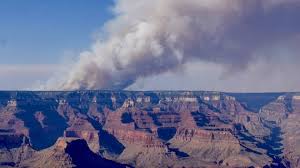Canada, the second-largest country in the world, is a land of many wonders. From its breathtaking natural landscapes to its rich multicultural heritage, Canada is a country that never ceases to amaze. But have you ever stopped to think about Canada’s nickname? Or should I say, nicknames? Yes, Canada has several nicknames, each one revealing a different facet of this fascinating country. In this blog post, we’ll delve deep into the origins, meanings, and cultural significance of Canada’s nicknames. So, grab a cup of maple syrup-infused coffee, and let’s embark on this journey together.
What is the Origin Behind Canada’s Nickname?
The Great White North: A Geographical Marvel
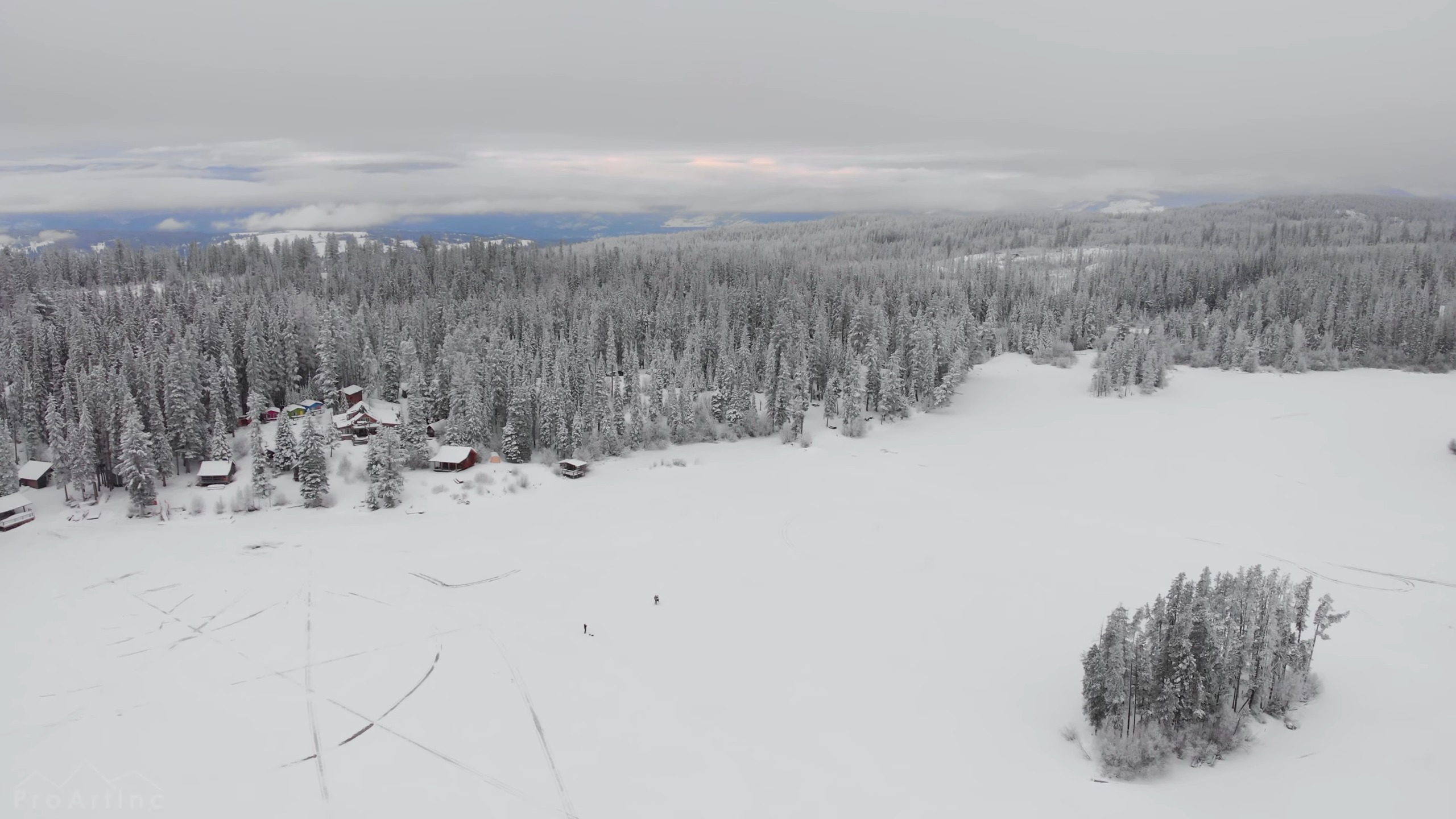
The most popular nickname for Canada is “The Great White North”. This nickname is deeply rooted in Canada’s geographical features and climatic conditions. The country is known for its long, harsh winters, especially in the northern regions. Snow and ice are not rare sights, even in some southern parts.
- Geographical Extent: Canada stretches from the Atlantic Ocean in the east to the Pacific Ocean in the west, covering a vast area of 9.98 million square kilometers.
- Climate: The northern parts of Canada experience subarctic and arctic climates, with long, extremely cold winters.
The Polar Bear Connection
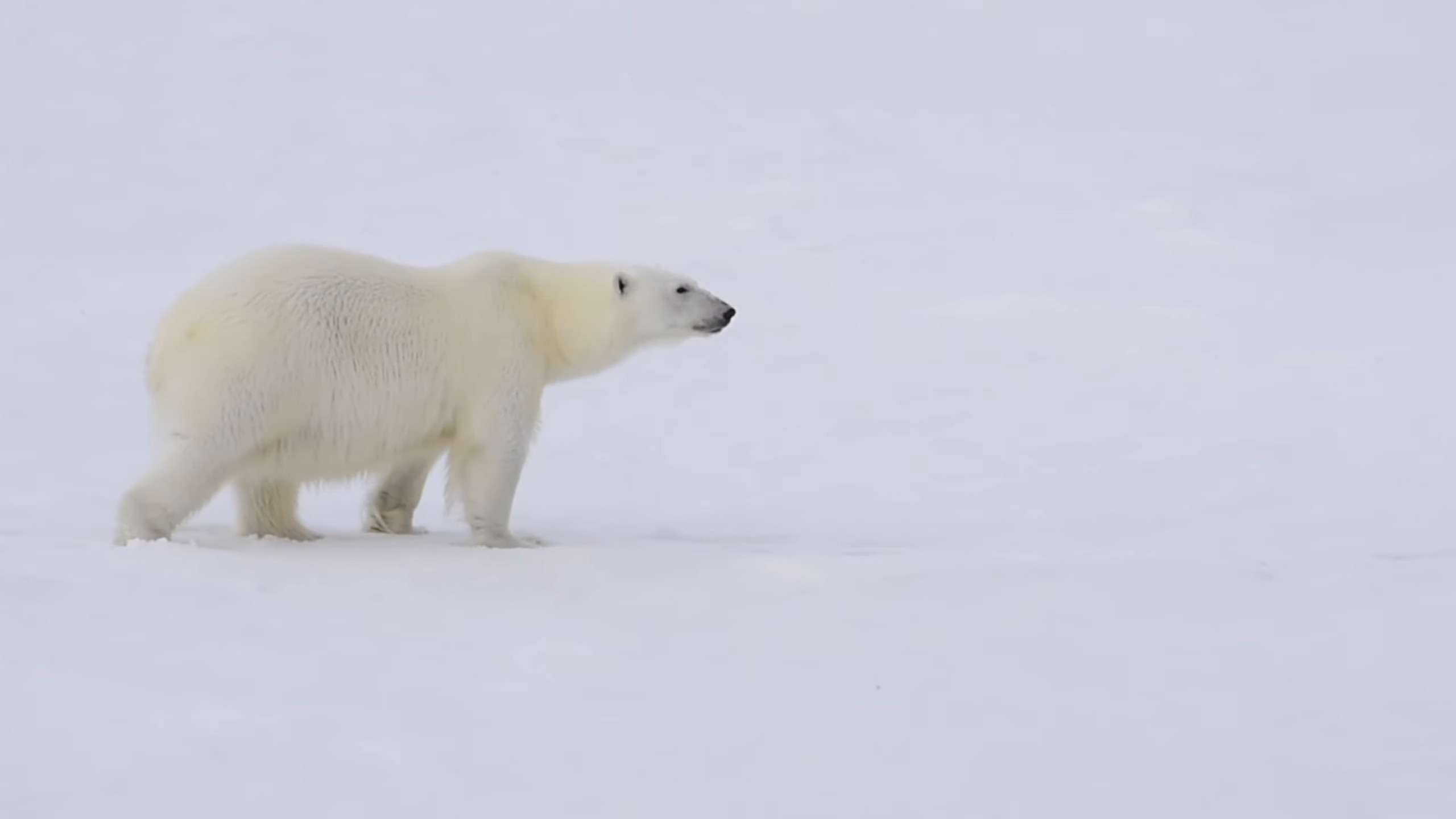
Another intriguing angle to the origin of this nickname is Canada’s association with polar bears. According to National Geographic, polar bears are often found in the northern regions of Canada, particularly in Nunavut and the Northwest Territories.
Their white fur blends seamlessly with the snowy landscapes, adding another layer to the “white” in “The Great White North.”
Are There Any Other Commonly Used Nicknames?
The Land of Maple: A Sweet Affair
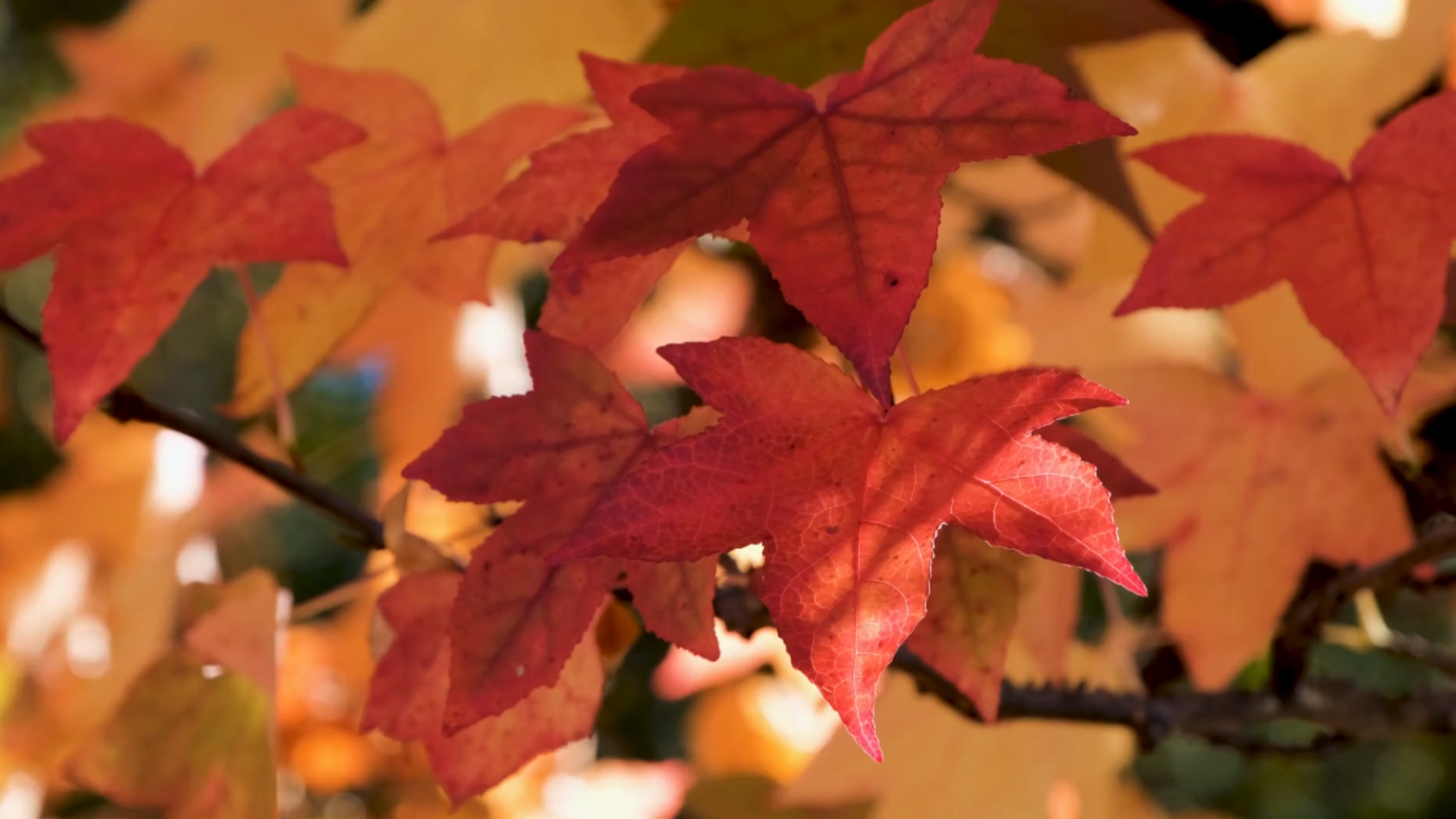
Another affectionate nickname for Canada is “The Land of Maple” . This nickname is a tribute to the maple leaf, which is not only the national symbol appearing on the flag but also a significant export in the form of maple syrup.
- Maple Syrup: Canada is the world’s largest producer of maple syrup, accounting for around 71% of the global market, most of which is produced in the province of Quebec.
- Maple Leaf: The maple leaf is a symbol of Canada that signifies unity, tolerance, and peace.
The True North, Strong and Free: Anthem and Identity
The nickname “The True North, Strong and Free” comes directly from the national anthem of Canada, “O Canada.” According to Library and Archives Canada, this line from the anthem encapsulates the spirit of the nation—strong, northern, and free.
- Geopolitical Importance: This nickname emphasizes Canada’s strategic location in the northern hemisphere.
- Cultural Significance: It reflects the values of strength and freedom that are integral to Canadian identity.
Lumberjack Country: Timber and Tradition
A Cultural Staple
“Lumberjack Country” is a nickname rooted in Canada’s historical and economic landscape. Lumberjacks have been an integral part of Canadian culture since the 18th century. Initially, they used rudimentary hand tools and oxen for logging, which has now evolved into a modern industry.
A Fitting Nickname
Today, Canada remains one of the top exporters of wood products globally. The nickname “Lumberjack Country” is still apt, as it reflects both the country’s rich history and its current economic standing in the lumber industry. It’s a name that resonates with the hardworking ethos of Canadians and their connection to the land.
Ursalia: The Land of Bears
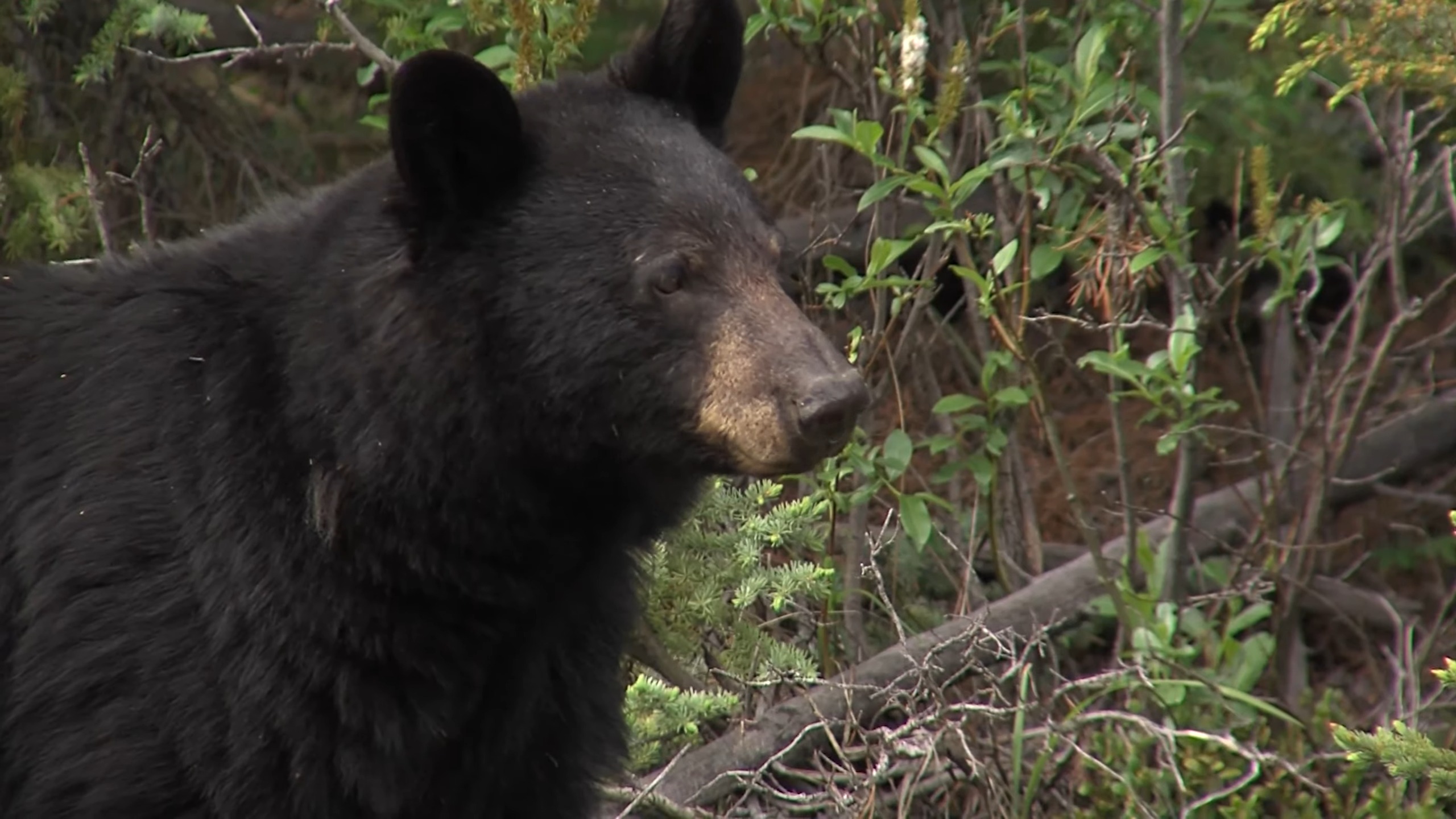
A Zoological Nod
“Ursalia” is derived from the Latin word “Ursus,” which means bear. This nickname is incredibly fitting, as Canada is home to nearly 400,000 black bears. It’s a name that speaks to the country’s rich biodiversity and the majestic creatures that roam its landscapes.
A Proposed Name
Just like “Borealia,” “Ursalia” was also one of the initially proposed names for Canada. The country is home to three species of bears: grizzlies, black bears, and polar bears. Each species occupies different regions, adding another layer of complexity and beauty to Canada’s already diverse landscape.
How Has Canada’s Nickname Influenced Its National Identity?
The Great White North: More Than Just a Name
The nickname “The Great White North” has significantly influenced the country’s national identity. It has helped to shape the perception of Canada as a land of natural beauty and resilience.
- Tourism: Canada’s rugged landscapes attract millions of tourists each year, especially those interested in winter sports like skiing and snowboarding.
- Cultural Impact: The nickname has also permeated Canadian culture, from music and literature to films and national celebrations.
A Unifying Force
The nickname serves as a unifying force, bringing together Canadians from diverse backgrounds. According to Canadian Geographic, it has helped foster a sense of common identity and shared values.
- National Pride: Canadians take immense pride in their ability to thrive in challenging conditions, a trait that the nickname perfectly encapsulates.
- Indigenous Connection: For Indigenous communities, the nickname resonates with their deep-rooted connection to the land and its natural cycles.
When Did Canada First Become Known by Its Nickname?
The Historical Context
As I read on History Canada, the term “Canada” itself has roots dating back to the 16th century. However, the nickname “The Great White North” gained prominence much later, likely in the 19th or early 20th century.
- Early Exploration: The name “Canada” is derived from the St. Lawrence Iroquoian word “kanata,” meaning “village” or “settlement.”
- Official Recognition: The nickname became more official when it started appearing in government communications and publications.
How Do Canadians Feel About Their Country’s Nickname?
A Source of Pride and Stereotypes
According to a survey by Angus Reid Institute, Canadians have mixed feelings about the nickname “The Great White North”. While many see it as a source of national pride, some feel it perpetuates stereotypes.
- Positive Views: For many Canadians, the nickname evokes a sense of national pride and unity.
- Negative Views: However, some Canadians feel the nickname is outdated and does not reflect the country’s multicultural fabric.
A Complex Relationship
The relationship Canadians have with their country’s nickname is complex. While the nickname captures the essence of Canada’s geographical and cultural landscape, it also leaves out the rich diversity and progressive nature of the country.
- Inclusive Identity: Many Canadians wish for a nickname that is more inclusive, capturing the essence of Canada as a melting pot of cultures.
- Evolving Perspectives: As Canada continues to evolve, so does its nickname, adapting to reflect the changing face of this dynamic nation.
FAQ
Are these nicknames officially recognized by the Canadian government?
No, these nicknames are not officially recognized by the Canadian government. They are more cultural and colloquial terms that have been adopted over time to describe various aspects of Canada.
How do these nicknames affect Canada’s international image?
Nicknames like “The Great White North” and “The True North Strong and Free” contribute to Canada’s image as a land of natural beauty and freedom. They can influence how the country is perceived internationally, often in a positive light.
Do other countries have as many nicknames as Canada?
It varies from country to country. The United States, for example, has several nicknames like “The Land of the Free” and “The Melting Pot.” However, the number of nicknames can depend on the country’s history, culture, and how its citizens choose to identify it.
Final Words
Canada’s nicknames are a testament to its rich tapestry of history, culture, and geography. Each name offers a unique lens through which to view this incredible country, enriching our understanding and appreciation of it.





